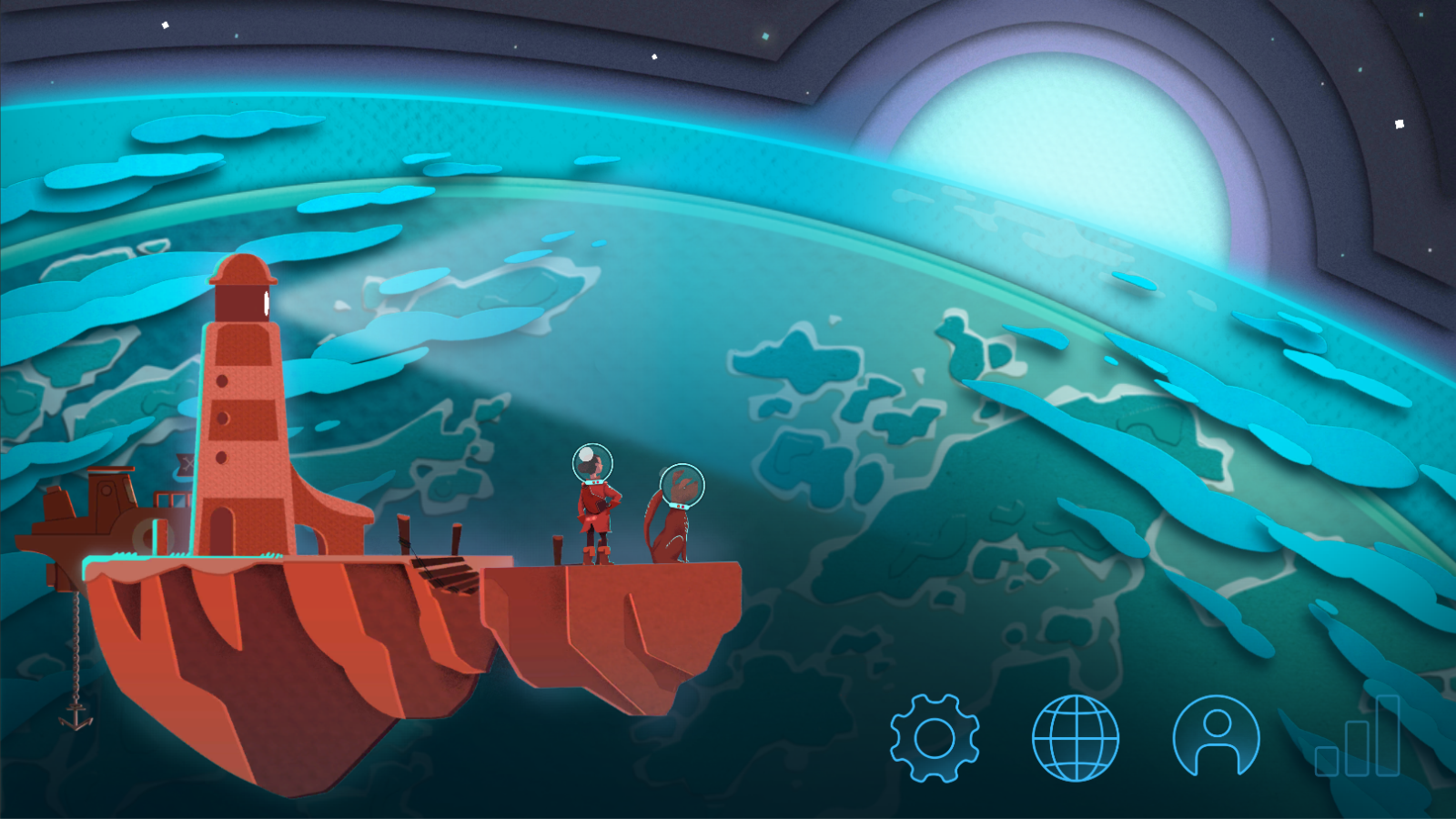Indie studio Neurodio is celebrating Pi Day with Numbala, a mobile game that teaches children math. The first six levels of the sci-fi adventure are available for free on Android devices only today, and an additional premium version of the game will debut in May.
Pi Day celebrates what is probably the world’s most famous mathematical constant — though most people might prefer to eat pun-tastic pie rather than think about numbers. But Neurodio’s hoping that its hand-drawn art and side-scrolling gameplay will change kids’ minds.

Unlock premium content and VIP community perks with GB M A X!
Join now to enjoy our free and premium membership perks.
![]()

![]()